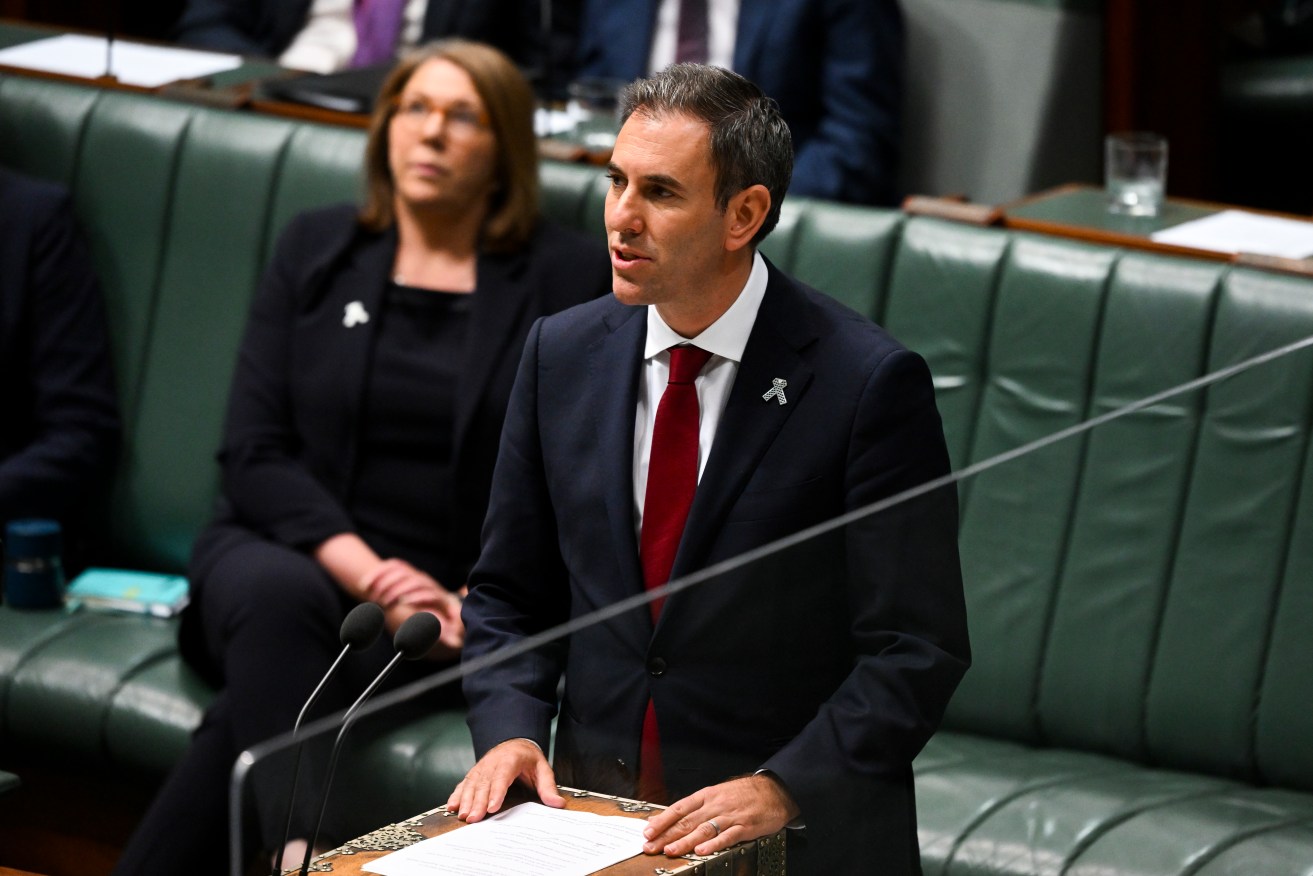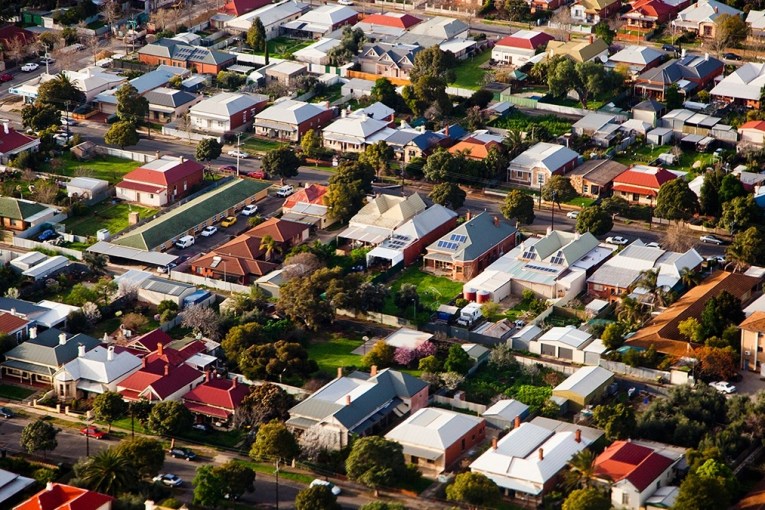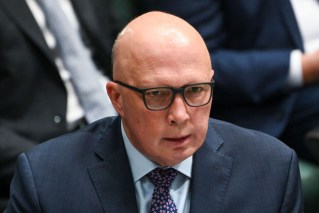Power relief plan inches closer to becoming law


The Labor government expects wages will keep growing strongly as inflation moderates, ultimately leading to real wage growth by 2024. Photo: AAP
Measures to help reduce rising power bills by “hundreds of dollars” are expected to pass the Senate within hours, but it appears they’re already having some impact.
The bill cleared the first parliamentary hurdle in the House of Representatives on Thursday, even though the Coalition voted against it.
Opposition Leader Peter Dutton said while he backed relief measures he did not want market intervention.
The new laws would cap gas at $12 a gigajoule, introduce a mandatory code of conduct for the gas market and roll out power bill support for welfare recipients.
But even before the package becomes law, the threat alone has already driven down power prices as energy markets respond pre-emptively, says the Australian Energy Regulator.
Regulator chair Clare Savage said talk of a big stick intervention dampened prices by as much as 50 per cent, even before the government’s price caps come into force.
Ms Savage said since the government started talking about market intervention, retailers have been able to secure 12-month contracts at prices between 45 and 50 per cent lower than before.
She said energy contracts for next financial year were already heading in the right direction, easing fears prices were set to skyrocket.
Government modelling showing prices would be $230 less than expected was likely around the mark, said Ms Savage.
“I should stress, it doesn’t mean we will get lower retail prices next year, but it does mean if markets keep trading as they are right now we should see an increase next year lower than previously expected,” Ms Savage told ABC radio on Thursday.
While it was too early to say how effective the government’s energy relief measures would be at driving down prices, she was optimistic the proposed interventions were already working as intended.
‘Urgent, meaningful action’
Parliament was recalled for an extraordinary sitting day to pass the measures and MPs were given shorter time limits for debate.
Along with a 12-month price cap on gas of $12 per gigajoule, the laws will introduce a “reasonable pricing” provision that will kick in after the price caps expire.
The gas industry is fiercely opposed to the changes, citing concerns it could create uncertainty in the market and stifle investment and subsequently energy supply.
Treasurer Jim Chalmers disagreed the government’s energy relief measures would distort the energy market over the long term.
“We respond with urgent, targeted, meaningful action to take some of the sting out of these price rises, and to provide direct energy bill relief,” Dr Chalmers told parliament.
“And in doing so, we reject the fib that a functional and fair gas market must also mean the hollowing out of our manufacturing industry, or the destruction of jobs, or the sacrifice of living standards.”
He said he had respectful and constructive discussions with the energy industry leaders on Wednesday.
“They have a position which is very clear, we have a different position, and we have a different responsibility – our responsibility is to the broader Australian community, to industries and employers, and to the national economic interest,” he told ABC radio.
Bill passes the House
Labor has a majority in the lower house but the cross bench also voted with the government, resulting in 85 votes for and 41 votes against.
The Greens and independent senator David Pocock confirmed on Wednesday they would side with the government, giving it the numbers for the legislation to pass the Senate.
Greens leader Adam Bandt sought an amendment to freeze power bills for the next two years by increasing taxes on gas and coal companies but was unsuccessful.
Independent MP Andrew Wilkie also supported a windfall tax on energy companies who were “shamelessly profiteering” off the war in Ukraine and soaring prices, at the expense of Australian consumers.
An amendment from independent Monique Ryan requiring the government to explain how it reached its proposed price cap was also voted down.
Dr Chalmers said the government was in discussions with the consumer watchdog about the best way to make the details that informed its decision public.
He urged MPs to choose to help Australians who were facing “unsustainable, unacceptable” energy price rises by supporting the proposal.
“Without intervention, next financial year retail gas prices are expected to increase by a further 20 per cent and electricity prices by a further 36 per cent,” he told parliament.
Dr Chalmers said the government respected the role the gas industry played in Australia’s economy but had a responsibility to find a solution to protect Australians from increasing power bills.
Prime Minister Anthony Albanese said the former Coalition government had been “addicted to power and hopeless on energy”.
He said voting against the bill was being part of the problem rather than the solution.
Mr Dutton said the government appeared to be “building the plane on the runway” on energy relief, and had presented a plan at the last minute. He said the proposal would create market uncertainty and reduce investment which would ultimately make bills go up.
Dr Chalmers urged all MPs to be on the “right side” of solving the nation’s energy woes.
“The Australian people expect us to act in their interests here, they are watching and they will know who stood up for them in this place today,” he said.
-with AAP








